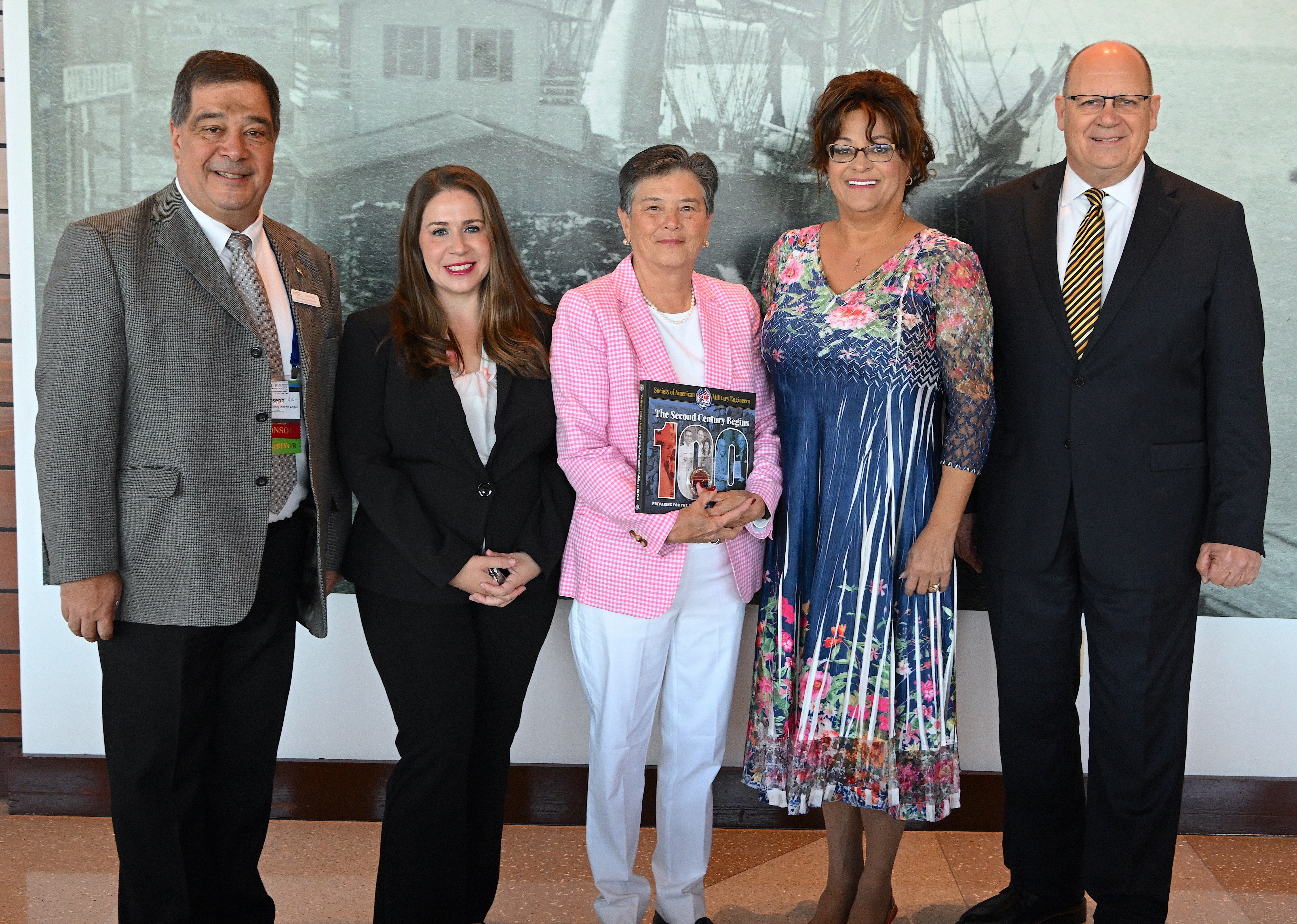
The North Carolina Military Business Center (NCMBC) is helping businesses in the Tar Heel state secure contracts with the U.S. Military, as well as aiding in the transition of meaningful technological innovation into the defense contracting space.
The NCMBC, which opened its doors in 2005 and is headquartered at Fayetteville Technical Community College, leads North Carolina’s efforts to grow the state’s military economy through existing local businesses. Part of the center’s services include identifying lucrative federal contracting opportunities and preparing area businesses to understand government contracting processes so that they can win and execute federal contracts.
A vital tool in introducing businesses to the marketplace is the NCMBC’s MatchForce.org online portal, which allows businesses to receive matches to federal prime opportunities and to subcontracting opportunities posted by other registered businesses. The center estimates there are close to 24,000 registered users as part of MatchForce.
Defense, including contracting, has a $79.7 billion total annual impact on the state’s economy, according to NCMBC, which represents prime opportunities for North Carolina businesses to secure contracts with the U.S. Department of Defense (DOD).
In 2022, with guidance from the NCMBC, businesses in the state executed $5.51 billion in defense prime contracts. These contracts extended throughout 77 of the 100 counties in the state. A significant number of those contracts served Fort Liberty in Cumberland County, to the tune of $1.49 billion.
NCMBC Executive Director Scott Dorney said the center has steadily and healthily helped bring in millions in opportunities to state businesses. Yet, there are still plenty of federal contracting opportunities for companies to seek out. Last year, MatchForce connected more than 150,000 contract opportunities to its close to 24,000 users.
“The biggest obstacle that we have in North Carolina to growing our defense contracting is not a lack of opportunity,” Dorney said. “There is no shortage of opportunities. Our challenge in growing contracting in our state is getting more businesses into the marketplace.”
The NCMBC currently has 17 offices across the state that work every day to help businesses compete for and win federal contracts. In turn, this helps expand the local economy and the state’s tax base. In 2023, NCMBC’s offices analyzed and sourced 10,161 contract opportunities to businesses in the state. Clients assisted by the NCMBC won at least 711 contracts amounting to $574.1 million.
The NCMBC also helps companies and organizations in strategic industries like medical, biomedical, biodefense, aerospace, cybersecurity and information technology (IT), to transition useful technologies into the defense market through the state’s Defense Technology Transition Office (DEFTECH).
This past year, DEFTECH connected more than 140 research and development opportunities to the state’s ecosystem of innovation.
The NCMBC’s ability to help with defense technology transitioning developed about a decade after the center started operations in 2005. Back then, Dorney said, a big part of its mission centered on procurement support.
“If the government wants to buy something, our job is to find somebody in North Carolina that makes it or sells it and help that company win the contract,” Dorney said. “In doing that for 10 years and traveling all over the state, we found that there are a lot of innovative businesses in North Carolina, developing new products or new technologies that have defense applications.”
For businesses set on innovating, the NCMBC sought to provide a helping hand.
“Those companies maybe didn't even know their technologies had a defense application, or if they knew it had a defense application, they had no idea how to navigate DOD to get their technology in the door,” Dorney said.
During a funding review period in 2009, the NCMBC decided they wanted to devote even more time and resources into technology transition.
“It is very important that the warfighters have advanced technologies,” he said.
After the public sector continued to prioritize technology transition, the NCMBC received more funding, setting out to look for innovations that could help the military. The NCMBC monitors grant opportunities through the Small Business Innovation Research (SBIR) and Small Business Technology Transfer (STTR) programs and makes businesses aware of the potential awards.
“Then we run coffee calls and we always have federal agencies talking about their needs,” Dorney said.
One of North Carolina’s major assets, its life sciences research and development industry, plays a key role in technology transition in the state. For instance, despite not being a conventional defense company, GlaxoSmithKline in Durham, was the largest DOD contractor in the state in 2022, according to Dorney.
“Because they develop technologies in pharmaceuticals and antibodies they did a billion dollars worth of business with DOD,” he added.
The types of technologies that are in high demand vary based on industry trends and geopolitical developments. As an example, Dorney said that during military operations in Iraq and Afghanistan in the early 2000’s, a big source of opportunity for innovation in defense contracting came from technology to counter unmanned aircraft systems (UAS), as well as technology that could counter improvised explosive devices (IED).
“The DOD set up special acquisition processes to bring those technologies to testing and to implementation, so it can happen very quickly,” Dorney said of the timeline for technology to transition to being part of the defense contracting market.
UAS and counter UAS technologies continue to be sectors of technological innovation that offer opportunity for expansion, Dorney said, especially as U.S. Military focus centers on the Indo-Pacific region.
“We know that we’re going to have to deal in a contested logistics environment,” he added. “In Iraq and Afghanistan, we dominated the air, so if there was a casualty on the ground, that person could be at a military hospital having surgery in less than an hour. But we can’t do that in an Indo-Pacific region that's very dispersed and where the enemy will have the surveillance capability and counter air capabilities that we haven’t encountered since World War II.”
The NCMBC will continue in their mission to leverage military and other federal business opportunities to expand the economy, grow jobs and improve quality of life in North Carolina.
_________________________
Learn more about their events and supported industries at www.ncmbc.us.

AFCEA- NC Fort Bragg Chapter’s annual summit brings together leaders from industry, academic and research institutions, innovation hubs, Veteran organizations and elite Army and Special Operations commands. Graphic provided by Phil Williams

Fayetteville brokers and agents are entering 2026 with cautious optimism about what lies ahead.

Located at 225 Hay St. in downtown Fayetteville, Cameo Art House Theatre has two auditoriums and screens films ranging from classics to new releases. The theater also prioritizes spotlighting local and up-and-coming filmmakers. Photo by James Throsse